Navigating the Complex Role of a Scrum Master 🚀
As a Scrum Master, you find yourself in a unique position. You’re tasked with leading without formal authority, guiding without direct control. It’s a challenging role, one that requires a blend of skills, patience, and a deep understanding of human dynamics. Here’s how you can excel in this role, navigating the complexities and making a real impact.
The Role of Respect and Influence
Building Trust 🌟
- Consistency is Key: Demonstrate reliability in all your actions. Your team needs to see you as a dependable figure, someone they can count on in times of uncertainty.
- Reflection Point: Regularly ask yourself, “How am I fostering trust within my team?” Remember, it’s the small actions that often build the strongest foundations.
Leading by Example 👣
- Align Actions with Words: Your advice should be reflected in your actions. This not only builds credibility but also inspires your team.
- Self-Check: Ensure your day-to-day behaviour is consistent with the practices you advocate. Be the mirror reflecting the values you want to see in your team.
Being a Mentor, Not a Boss 📘
- Empower, Don’t Direct: Your role is to guide and support, not to dictate. Encourage autonomy and self-organization within the team.
- Guidance Query: Regularly evaluate if your approach is more mentor-like or managerial. Aim to be a guiding light, not a commanding force.
The Real Power of a Scrum Master
As a Scrum Master, your true power lies in your ability to facilitate teamwork and collaboration. It’s about harnessing the collective strength of the team and steering it towards high performance and efficiency.
Providing Value and Gaining Respect
To gain respect and be considered valuable, demonstrate deep empathy and understanding of your team’s needs. Create an environment where everyone feels heard, respected, and motivated to contribute.
Understanding Context
Knowing the specific challenges and dynamics of your team is crucial. Tailor your approach to fit the unique environment in which your team operates. This ensures your guidance is not only pertinent but practically applicable.
The Leadership without Authority Model
This leadership style is all about influence rather than command. Use soft skills like negotiation and encouragement to guide your team, steering away from traditional hierarchical approaches.
Tips for Product Owners: How to Make Critical Decisions 🎯
- Analysing Business Goals and Customer Needs:
- 📊 Understand the overarching business objectives and align them with customer expectations.
- 💡 Ask: How do my decisions align with both our business goals and our customers’ needs?
- Considering Stakeholder and Team Inputs:
- 💬 Gather diverse perspectives. Both stakeholders and team members can provide valuable insights.
- 🤔 Reflect: Am I considering the inputs from all relevant parties before making a decision?
- Evaluating the Current State of the Product:
- 🖥️ Regularly assess the progress and quality of the product. Are we on track, or do adjustments need to be made?
- ✅ Checklist: Is the product meeting its intended milestones and quality standards?
- Avoiding the Sunk Cost Fallacy:
- 🚫 Recognize when it’s time to let go of past investments if they no longer serve the project’s best interests.
- ❓ Query: Am I holding onto strategies or tools just because of past investments?
- Making Decisions with Incomplete Information:
- 🌐 Understand that sometimes decisions must be made with limited data. Use your experience and intuition to fill the gaps.
- 🔍 Insight: How can I best use the available information and my own judgment to make a sound decision?
- Balancing Gut Feel and Data:
- 🧠 Combine objective data with your gut instinct. Both play a critical role in effective decision-making.
- 🤖 Question: Am I giving due weight to both empirical data and my own instincts?
By embracing these strategies and understanding the nuances of your role, you can lead your team effectively, foster innovation, and drive successful outcomes. It’s not about wielding authority; it’s about guiding, supporting, and inspiring your team towards greatness. 🌟
